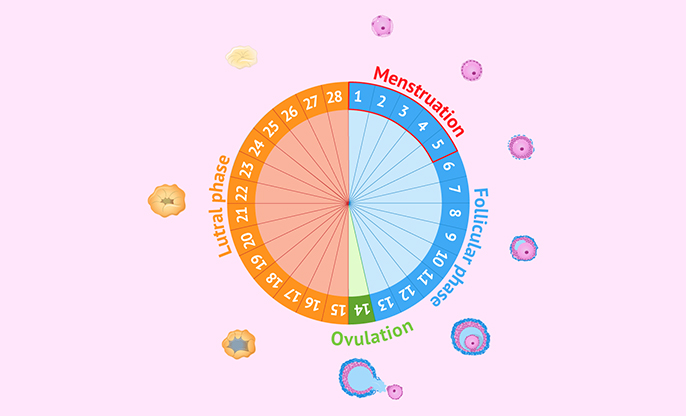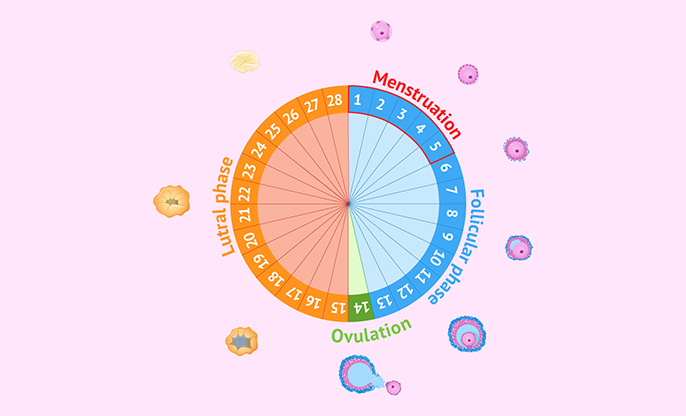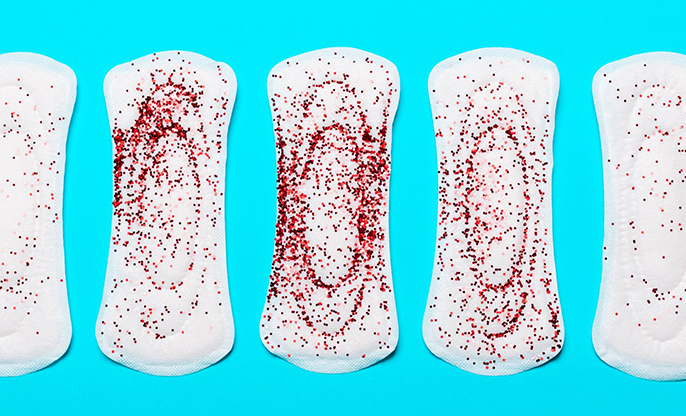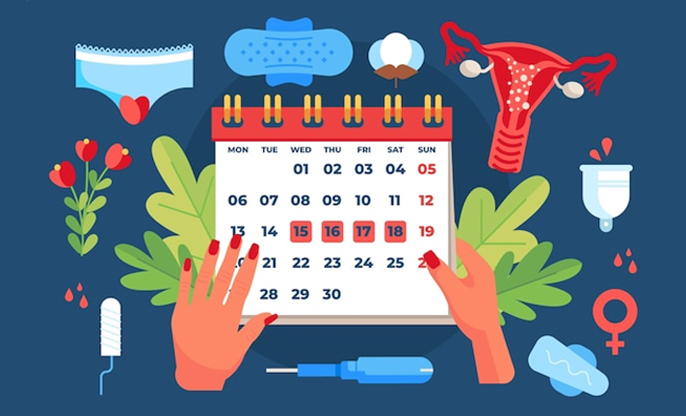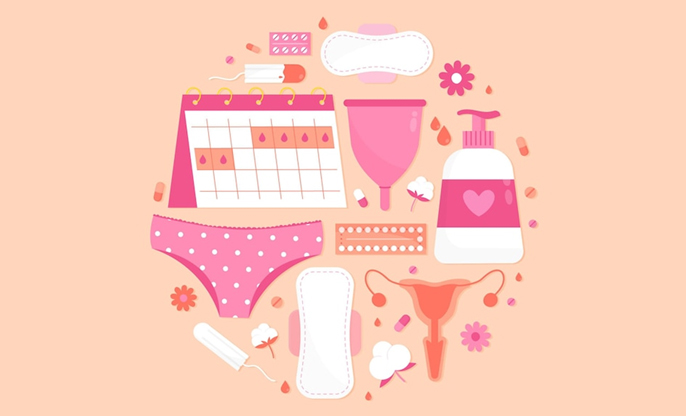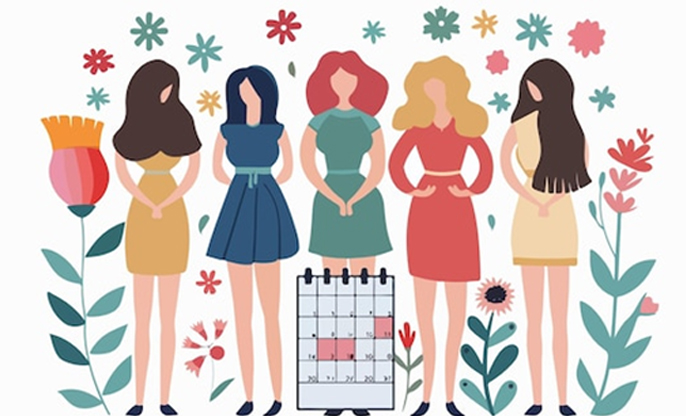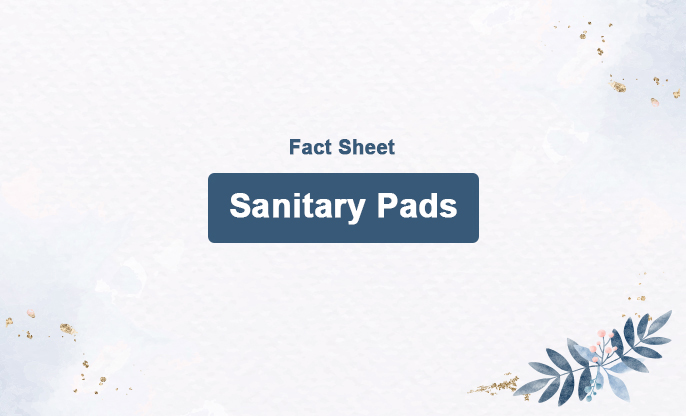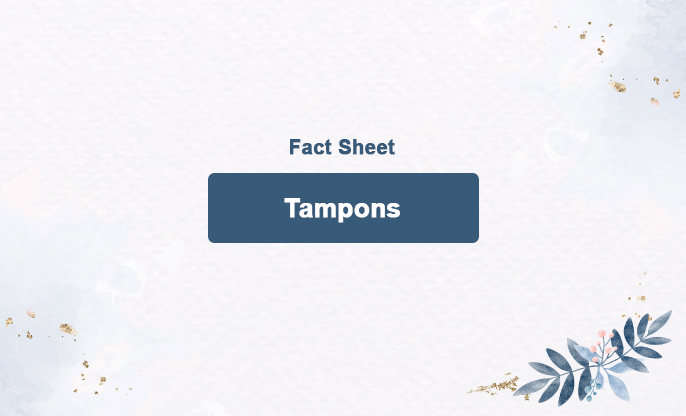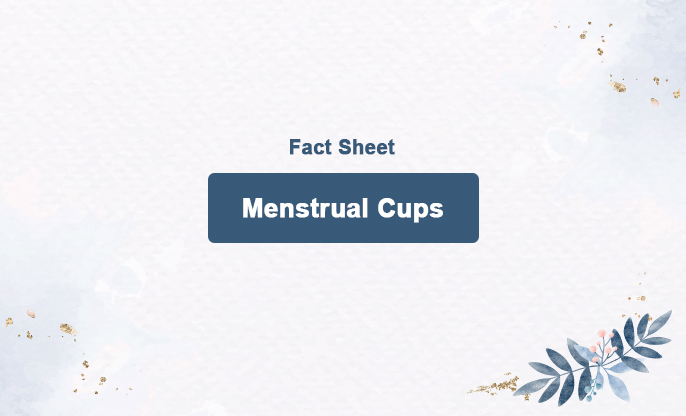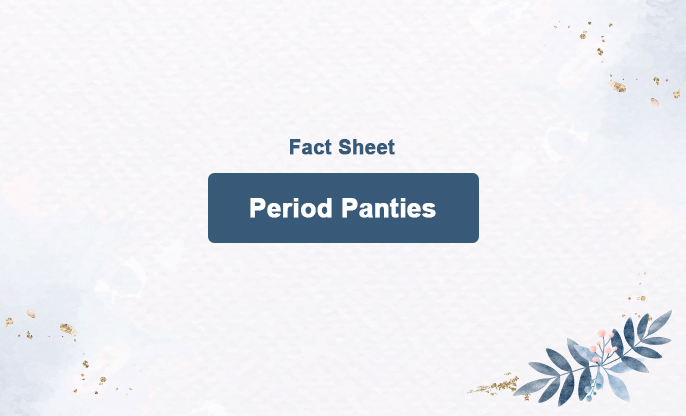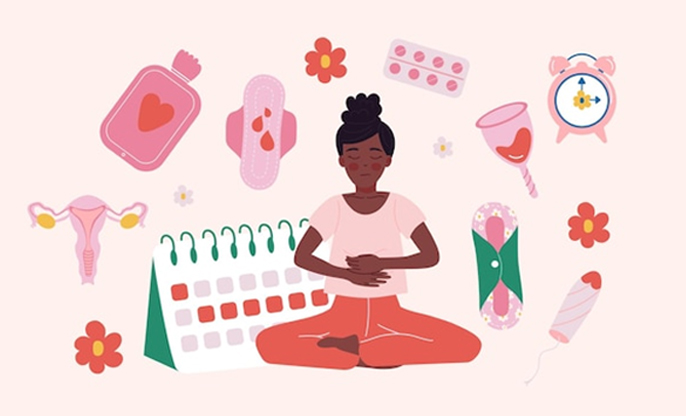
Menarche, or your first period, is a major milestone - it marks a new chapter in your life as you step into your reproductive years. This typically happens between the ages of 10 and 15, but it’s different for everyone, influenced by your genes, diet, and overall health.
Want to know more?
Here’s an in-depth guide, everything you would want to learn about menarche!
What You Might
Experience During Menarche
● Physical Changes: Don’t be
surprised if your first few periods are unpredictable. You might see just a few
spots of blood, and it could be quite light. Your cycle might take some time -
months, or even years - to regularize.
● Emotional Ups and Downs: You
might feel moody, irritable, or even a bit down. These feelings are totally
normal and are just your body responding to new hormonal changes.
● Physical Symptoms: You might start noticing signs of premenstrual syndrome (PMS) like bloating, sore breasts, acne, tiredness, and cravings. Cramps can also happen, causing pain in your lower belly, back, or thighs.
Managing Your
First Period: Some Friendly Tips
● Learn All About It: Knowing
what menstruation is and what to expect can make you feel a lot less anxious.
Chat with your parents or an expert about everything from why it happens to how
to handle it.
● Be Ready: Always carry a
little kit with you that has sanitary pads, extra underwear, and some water.
Knowing how to use these items before your period starts can really cut down on
stress.
● Eat Well: A balanced diet
helps manage PMS symptoms and keeps your cycle regular. Don’t forget to drink
lots of water, too.
● Stay Active: Exercise is
great for easing cramps and boosting your mood. Yoga can be especially good
during this time.
● Track Your Cycle: Use a
diary or a period tracking app to keep tabs on your cycle. It’ll help you
predict when your period is coming so you can be ready.
● Ask for Help: If your periods are really painful or if they’re very heavy or irregular, talk to a doctor. They’re there to help and make sure everything is okay.
Getting Support
from Parents and Guardians
Having the support of your parents or guardians is so
important. They can offer emotional backup, practical help, and all the
resources you need to handle your period well. Open conversations about your
health and body changes can boost your confidence and ensure you know you’re
not alone.
Remember - menarche is a natural, healthy part of growing up. With the right knowledge, preparation, and support, you can navigate this change smoothly and positively. Embracing this new phase with confidence will help you manage your menstruation effectively and with little stress. This is your body, and you’re in charge!
